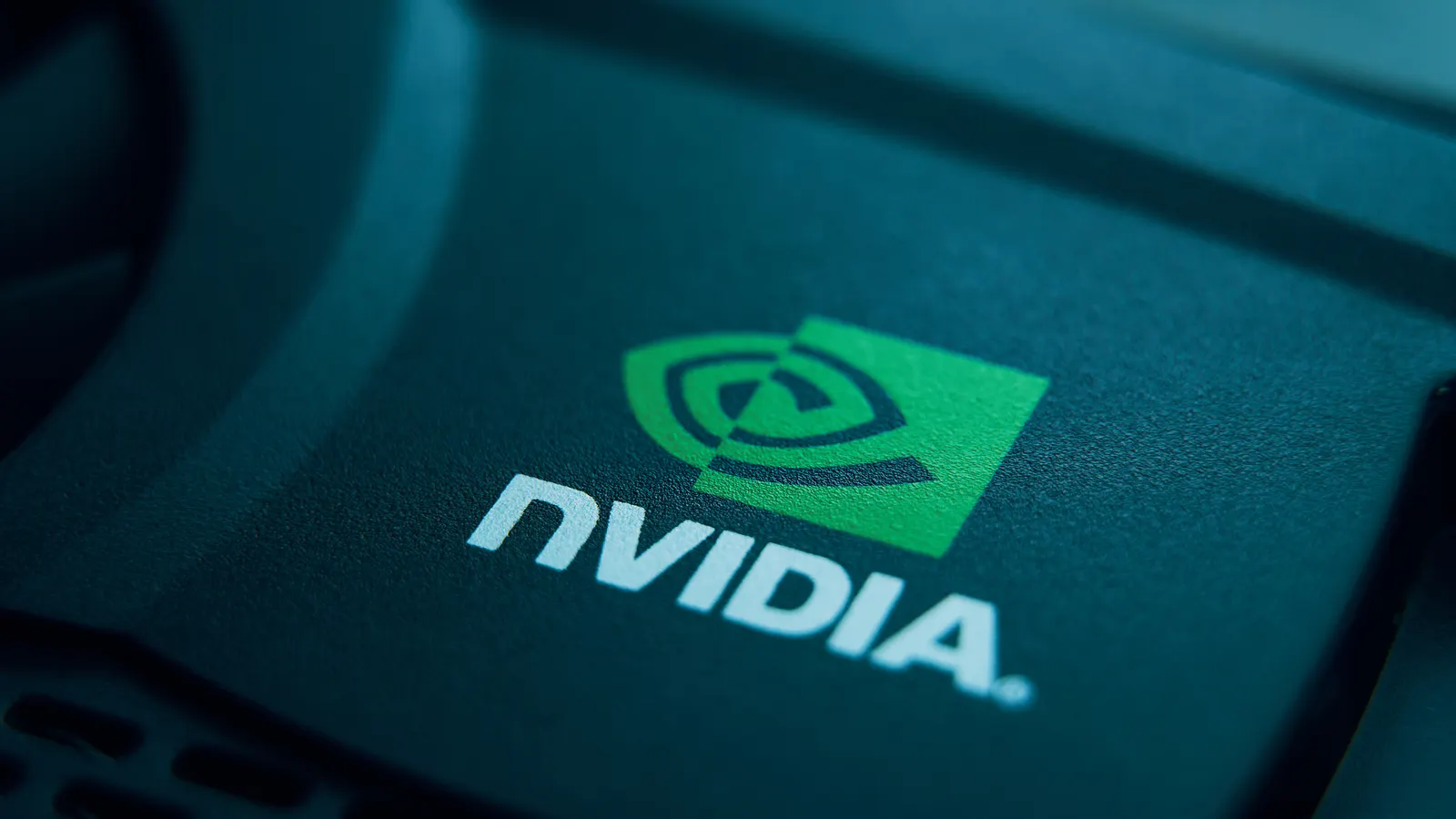NVIDIA posted blockbuster earnings for the second quarter ending July 28—only to watch its stock take a nosedive on Wednesday.
The company reported a net income of $16.6 billion, with adjusted net income reaching $16.95 billion after accounting for one-time items. Revenue surged to $30 billion, representing a remarkable 122% increase from the same period last year and a 15% rise from the previous quarter.
Despite these strong results, NVIDIA’s stock fell nearly 6% in after-hours trading on Wednesday, leaving investors puzzled. At the time of writing, NVIDIA shares are trading at $125.61, giving the company a market capitalization of $3.09 trillion.
Over the first half of the year, NVIDIA’s stock price surged by nearly 150%. At that point, the stock was trading slightly over 100 times the company’s earnings from the prior 12 months.
NVIDIA has catapulted the artificial intelligence industry into one of the stock market’s most dominant forces as tech giants continue to pour resources into the company's chips and data centers essential for running AI systems.
Chief Financial Officer Colette Kress informed analysts during a post-earnings call that countries developing their AI applications and models are expected to add low double-digit billions to NVIDIA's revenue by the end of the financial year in January 2025.
The impressive earnings numbers aren’t enough to calm investors' nerves. The report was expected to be a critical signal for the ongoing artificial intelligence boom that has energized markets for the last year and a half.
Typically, strong earnings would indicate that demand is still robust, but the unexpected dip in shares has sparked concern.
During the earnings call, analysts pressed for more details on the anticipated revenue from NVIDIA's next-generation AI processor, Blackwell, which triggered fears of delays that contributed to a stock decline of 8.4% in late trading.
In the first-quarter earnings call, CEO Jensen Huang had assured that Blackwell shipments would begin in the second quarter, production would ramp up in the third quarter, and the chips would reach customers by the fourth quarter, with revenue expected this year.
However, after production delays, the company has begun shipping revised Blackwell samples to partners and customers, raising doubts about whether NVIDIA can achieve its lofty revenue projections.
Nvidia's Blackwell chips are part of the company's next-generation GPU architecture, which is expected to succeed the current Hopper architecture.
These chips are designed to significantly improve performance, efficiency, and capabilities, particularly for demanding tasks such as AI, machine learning, and high-performance computing.
NVIDIA CEO Jensen Huang acknowledged that the company has delayed ramping up its next-generation Blackwell chips until the fourth quarter, adding to investor concerns.
Despite this, Huang and Kress stood by their projection of billions in revenue for the fourth quarter from the Blackwell chips.
Edited by Sebastian Sinclair

